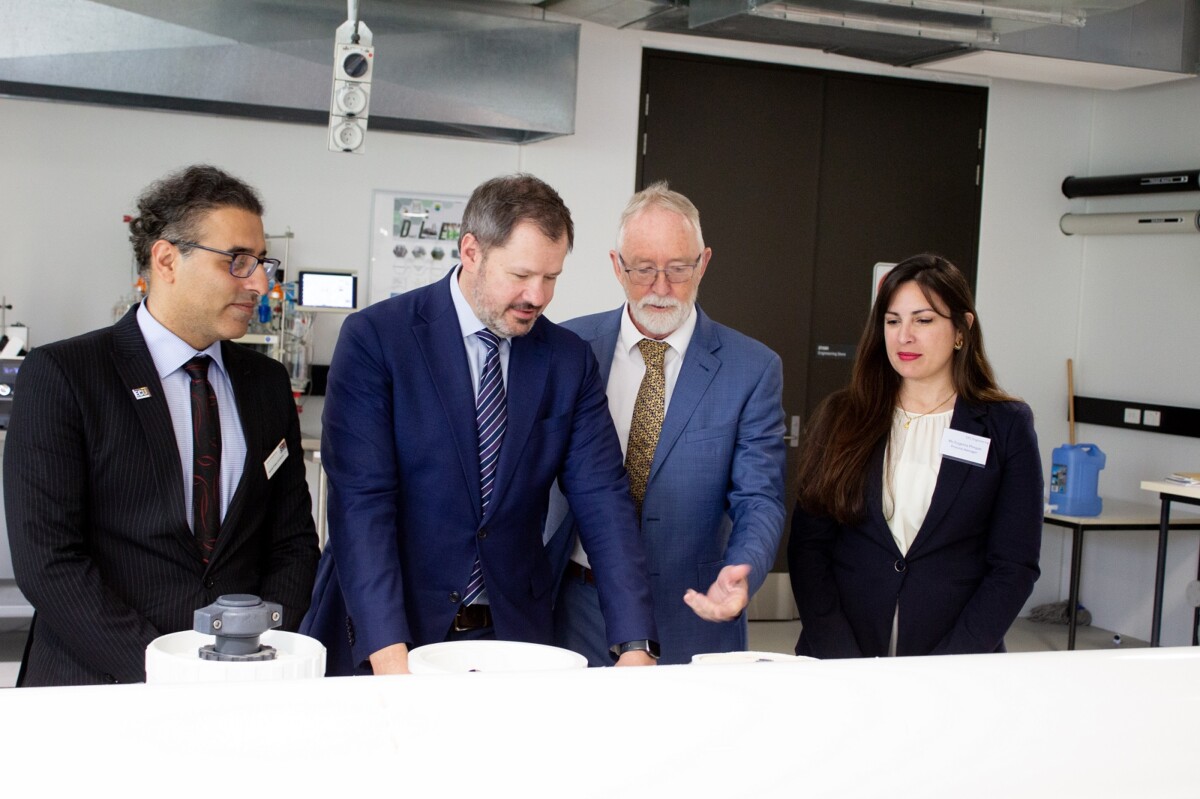ECU, CPC Engineering and Impact Minerals trial new HPA process

Edith Cowan University (ECU), CPC Engineering and Impact Minerals (ASX: IPT) have secured a $2.87m grant a trial a new high purity alumina (HPA) process.
As part of the Federal Government’s Cooperative Research Centres Projects (CRC-P) program, the grant will help fund the development of a pilot plant to validate Impact’s innovative, low-carbon process for producing HPA and sulphate of potash (SOP).
Impact’s innovative approach uses a hydrometallurgical process with salts from lake-based deposits, eliminating the crushing and grinding process as well as significantly reducing the energy footprint.
Impact managing director Dr Mike Jones says the company is proud to lead this transformative project.
“Being able to commence work on our pilot plant and the subsequent feasibility studies with the world-leading reach of ECU and the unique skills and experience of CPC Engineering will position Impact Minerals at the forefront of the global HPA market, ready to meet increasing demands with a sustainably produced, high-quality product,” he said.
“The project is scheduled to advance from initial trials to a definitive study phase swiftly, ensuring timely delivery of HPA and fertiliser samples to potential customers and partners.”
The pilot plant, which will be designed and managed by CPC Engineering and built at ECU, is part of a larger $6.3m project between the companies that will run from January 2025 to December 2027.
ECU School of Engineering executive dean professor Paulo de Souza commented on the technology.
“By demonstrating the use of membrane technologies for separating iron, aluminium and other metals, the project is potentially transformational across Australia’s critical minerals industry,” he said.
The grant form part of a $55m investment from the Federal Government for projects working in critical minerals, renewable energy and other industries.
Federal Industry and Science Minister Ed Husic commented on the funding.
“West Australian smarts are showing the rest of the world how to get things smarter, more efficiently, with great potential for exports and local jobs,” he said.
“We’re backing Aussie businesses and that’s how you create jobs for Aussie workers.
“More than $55m for scaling up good ideas is what will help drive businesses in the longer term.”






















